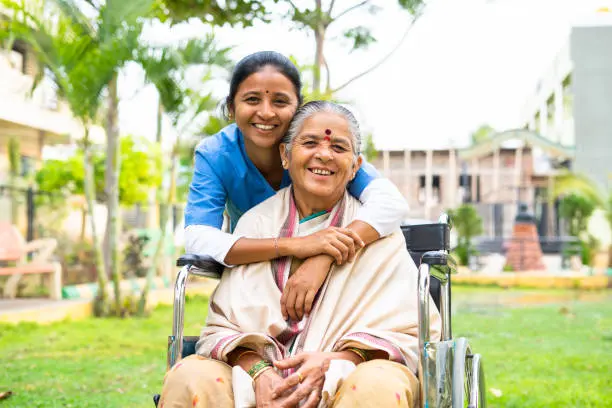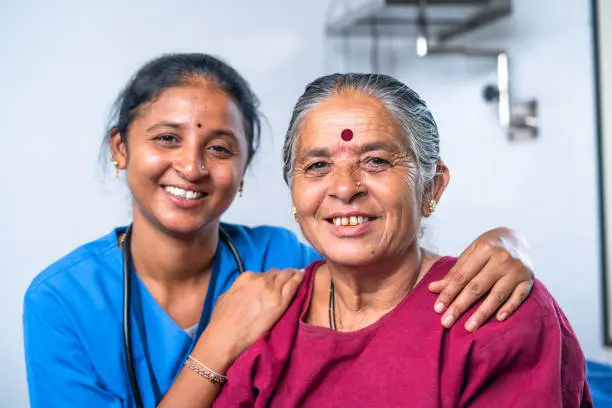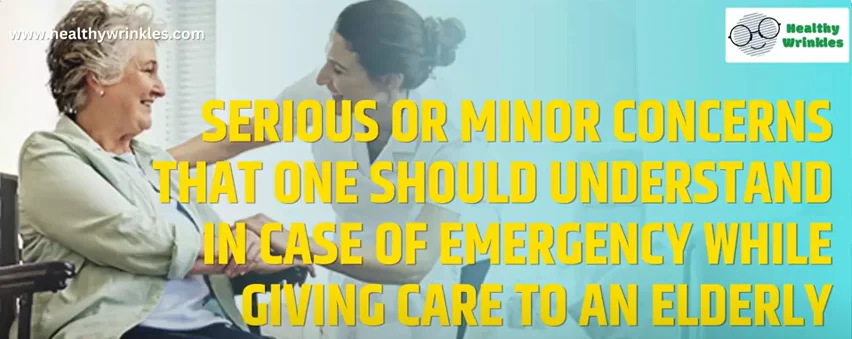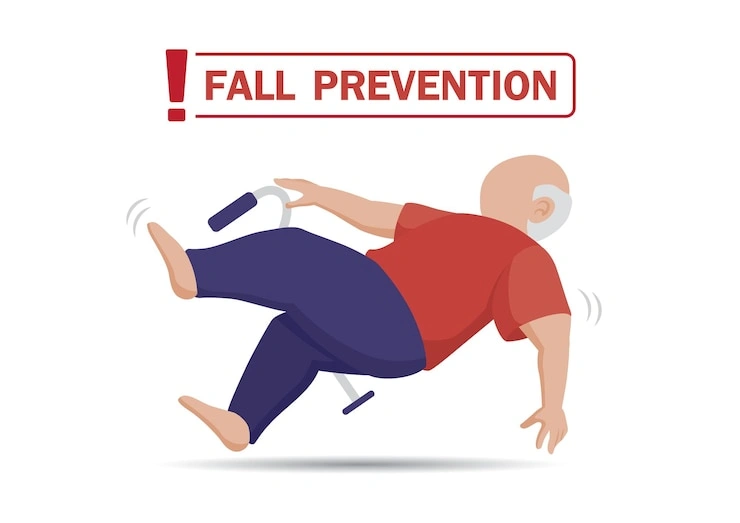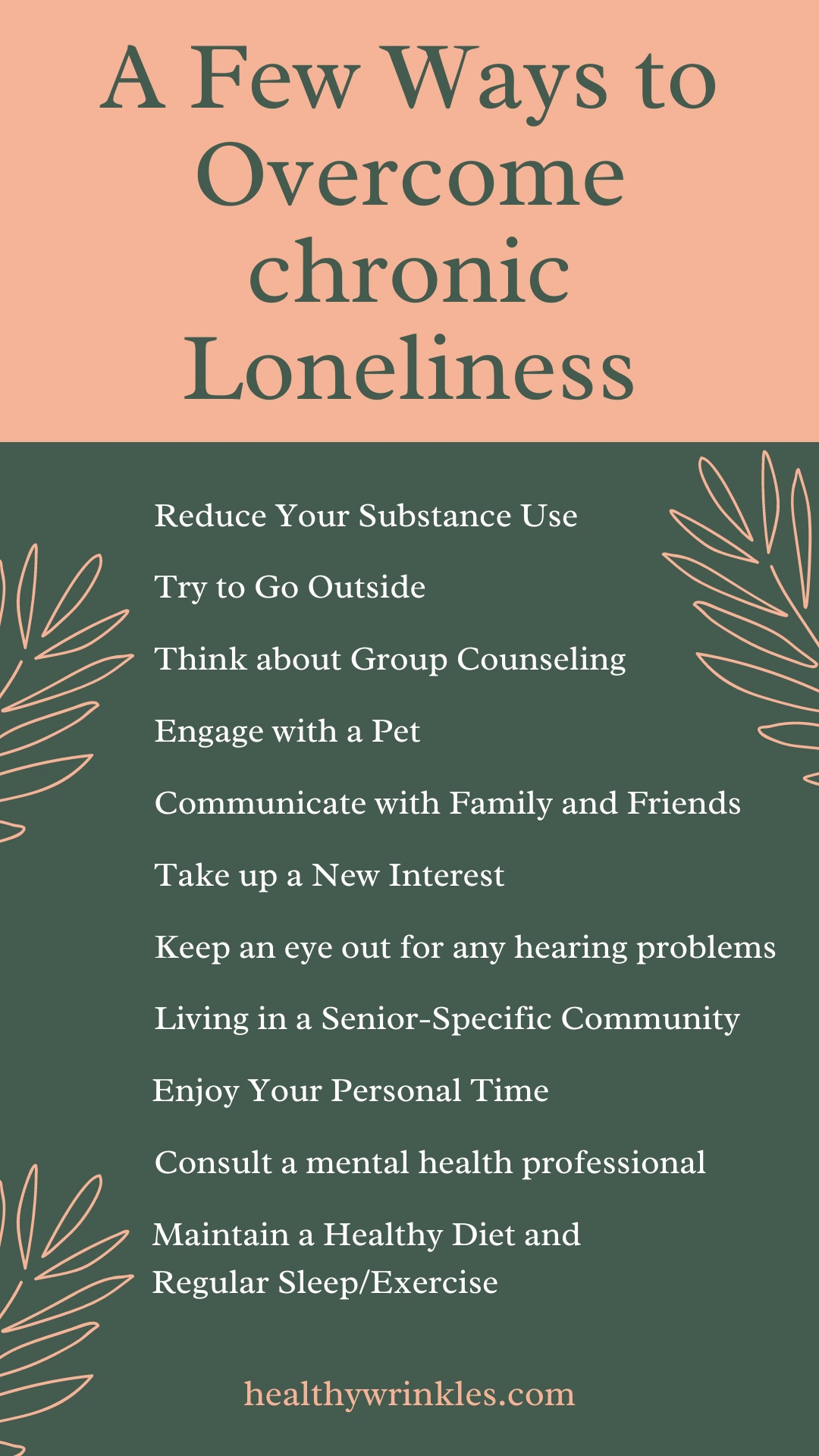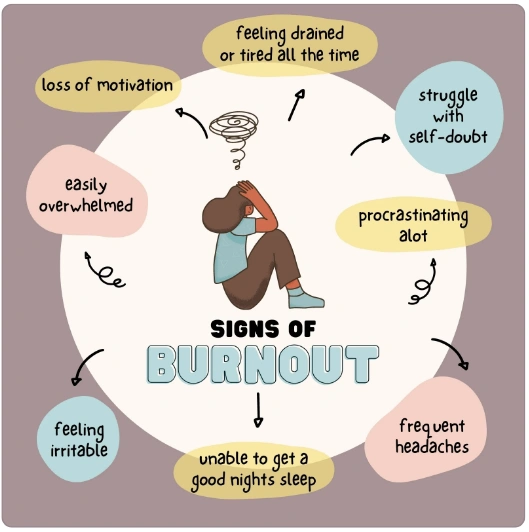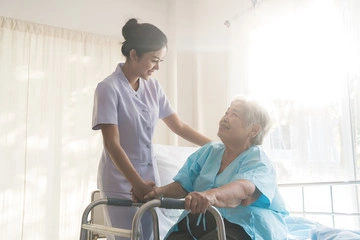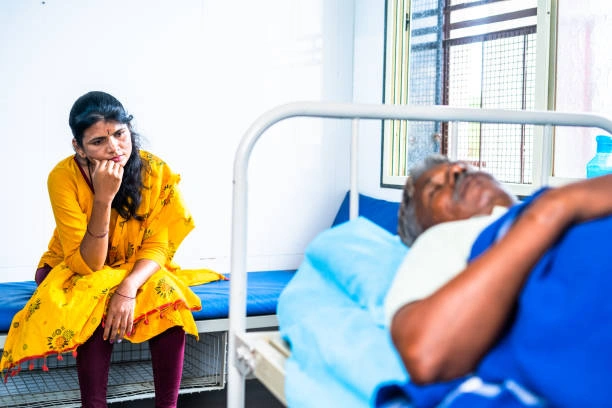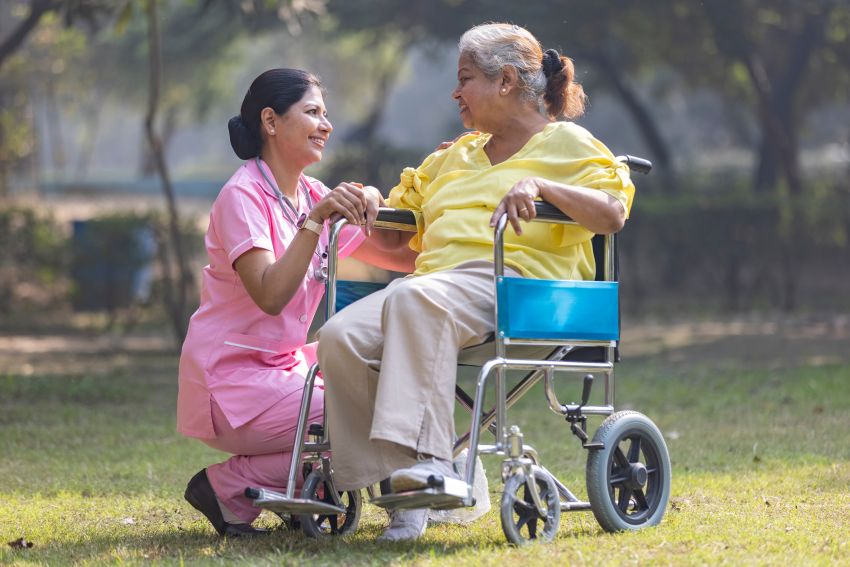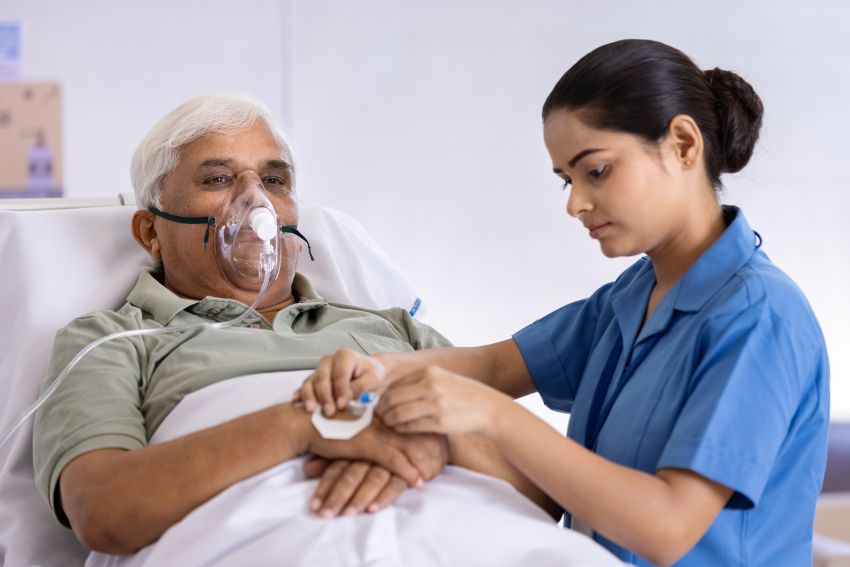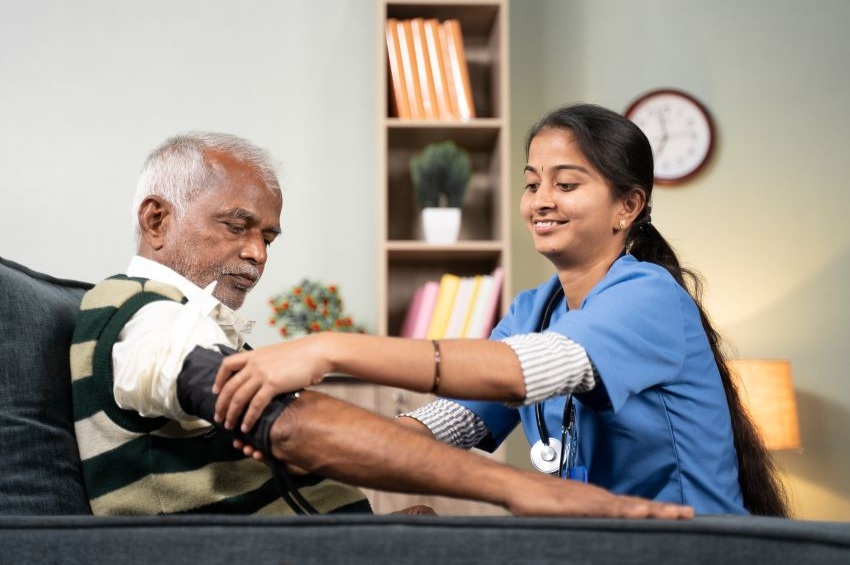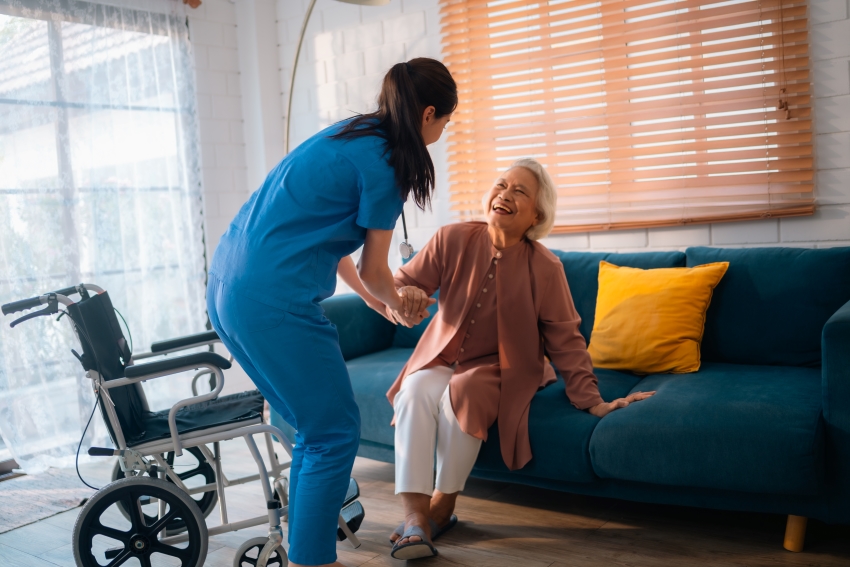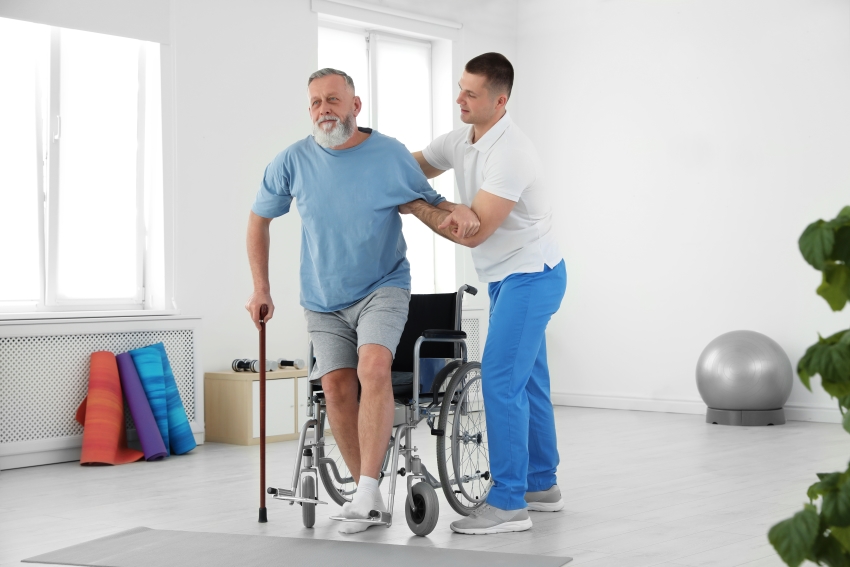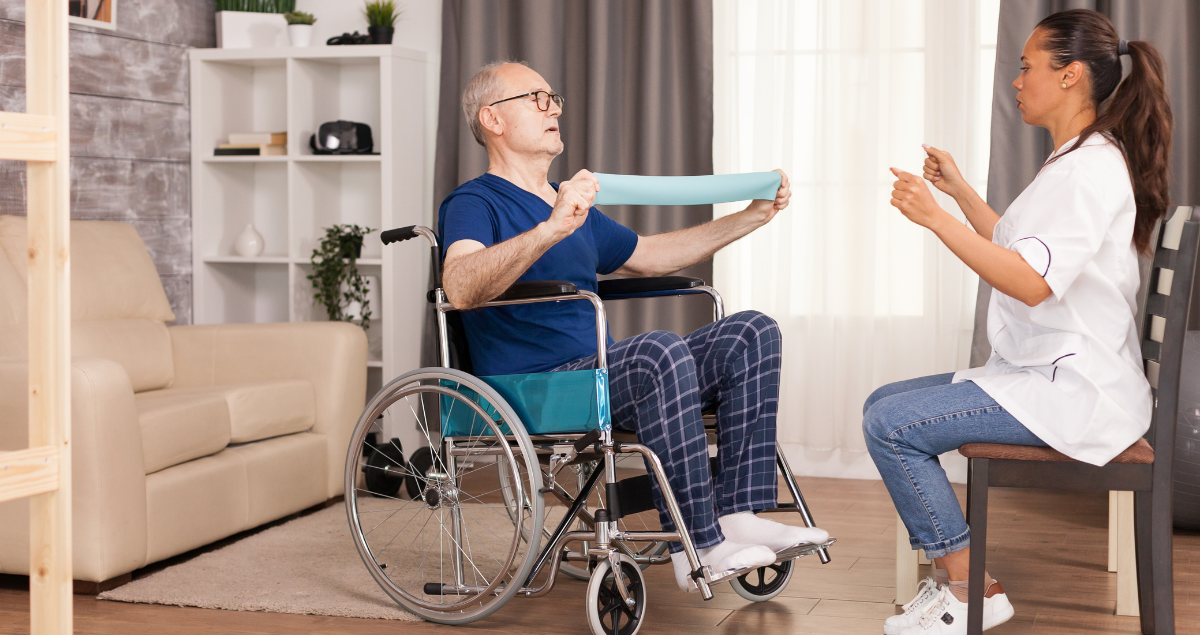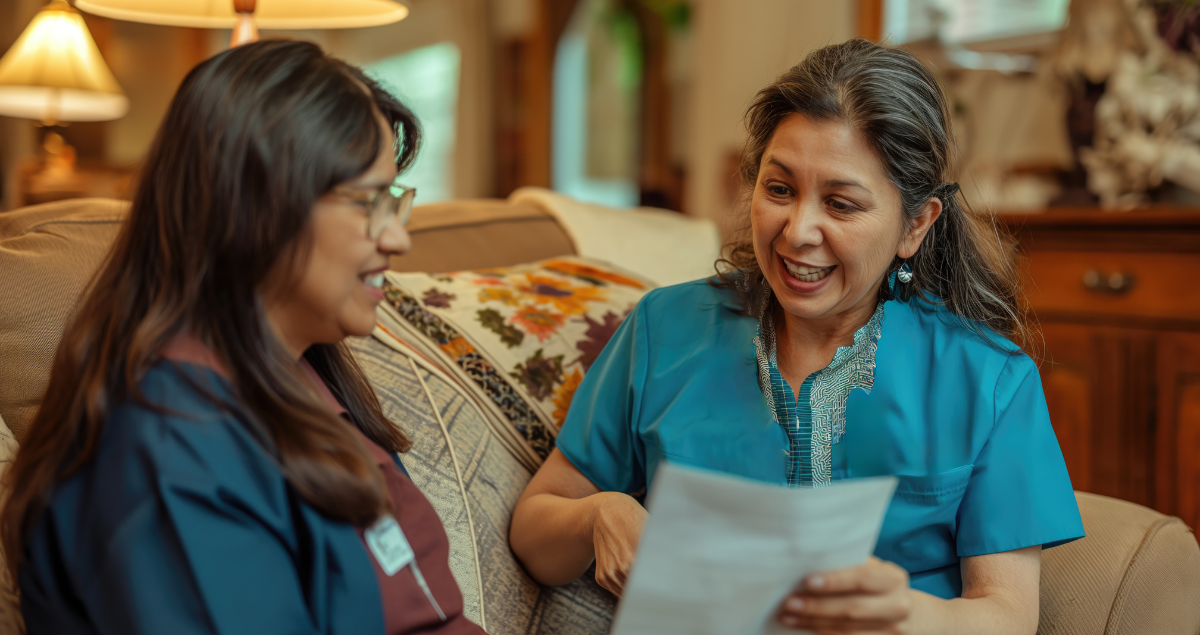Understanding the Different Levels of Senior Care From Companionship to Skilled Nursing
27-09-24
It is natural for us to require some kind of help with our daily activities as we age older. This can vary from just needing someone to talk to requiring complex medical assistance for serious illnesses, depending on individual needs. Understanding the various levels of care available to seniors and their families can be an essential component of making sure the appropriate level of support is provided. This awareness helps ensure that seniors live with dignity, comfort, and safety, whether they need a friendly companion or skilled nursing assistance. Staying connected is vital for seniors as it nurtures emotional well-being, mental sharpness, and a strong sense of belonging. In this article, we'll look at the different types of senior care available, from basic companionship to skilled nursing, and what each involves.
Companionship Support
As people age, their needs change — and so does the kind of care they require, at the most basic level Seniors may require companionship care. A companion caregiver provides socialization, conversations, and emotional support to reduce loneliness. Seniors can also be accompanied on daily tasks or appointments by companion carers. Rather than providing medical care, the emphasis of this type of care is vital for keeping seniors happy, engaged and connected. Companionship becomes one of the most important parts of senior care. As elders grow older, more than physical or material needs, they deeply value emotional connection, meaningful conversations, and the comfort of having someone by their side. Companionship helps seniors stay connected, happy and independent.
Personal Hygiene
Personal care may be required when seniors need assistance with activities of daily living (ADLs). This can include assistance with bathing, grooming, dressing, & toileting. Mobility, reminders, and gentle housekeeping can also be provided by personal care providers and promotes dignity and independence. While personal care isn't really medical care, caregivers who provide it, should have a basic understanding of first aid and CPR ensuring safety and daily support.
Home Health Care Services
Homecare services may be an option for seniors who need medical help but want to be at their home. A skilled nursing caregiver, who provides medical care like wound care, medication management, & vital sign monitoring in this setting. Home health care consultation can additionally involve physical or occupational therapy to assist seniors in regaining or maintaining mobility. This type of service bridges the gap between home comfort and medical supervision, supporting recovery and mobility.
Nursing Assistance
Skilled nursing care may be required for seniors with serious health issues or complex needs. A caregiver with specialized training and certifications, such as a GNM certification, can provide more advanced medical care in this setting. Services such as drug infusion, tube feeding, and ventilator care are examples of skilled nursing care. Skilled nursing caregivers can also assist in the management of chronic conditions like diabetes or heart problems. This level of care is critical for seniors who need consistent and specialized medical attention.
Whatever option is chosen, it is pivotal for families to properly assess the level of care their loved one requires and to ensure that the caregiver they choose are properly trained qualified and expertise to provide that care. Equally important is staying involved – such as overseeing care, making adjustment and providing emotional support. Families must also continue to act in their loved one's care, providing support and supervision to ensure that their loved one receives the best possible care.
Finally, understanding the various levels of senior care available is an important step for members of the family who want to make sure that their loved ones get the right level of care. Seniors and their families have a variety of options available to them, ranging from basic companionship to skilled nursing care. One can provide their loved ones with the support and assistance they require to age gracefully and maintain their independence by carefully considering their loved one's needs and choosing a caregiver with the appropriate training and experience.
Healthy Wrinkles stands as a trusted partner in senior care, providing compassionate and reliable home care solutions that ensure dignity, comfort, and peace of mind for elders and their families.
